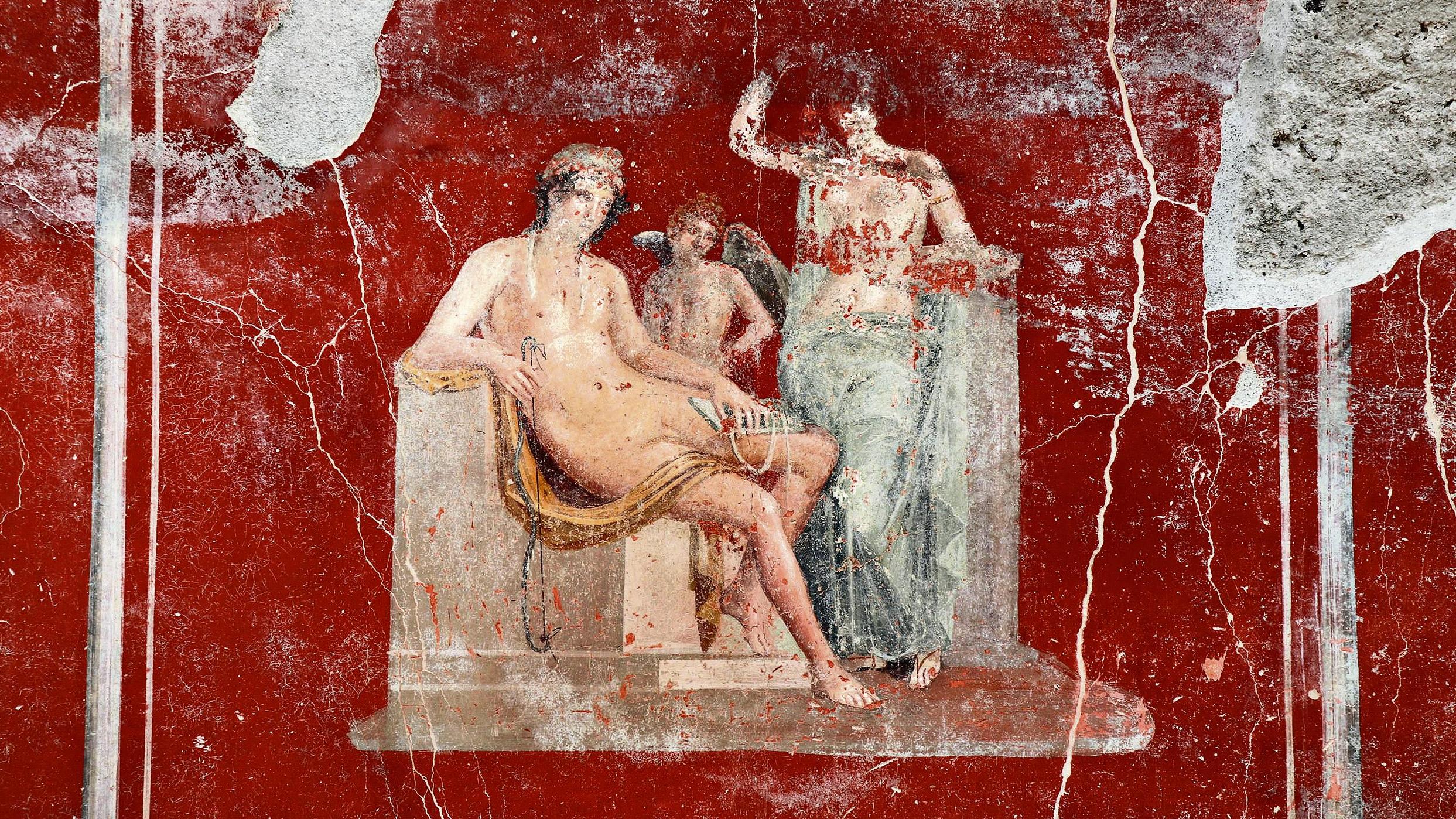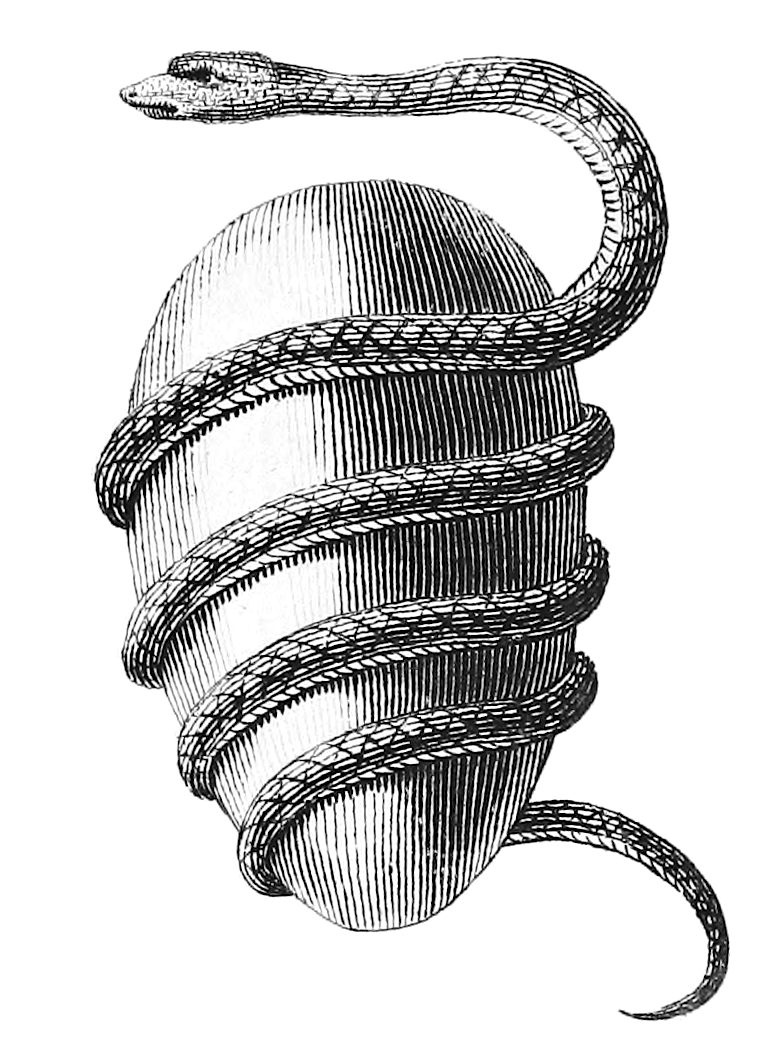|
Golgos
In Greek mythology, Golgos ( grc, Γόλγος, Gólgos) is the son of Aphrodite and Adonis, brother of Beroe, and founder of the Ancient city of Golgi (Also known as Cyprian Golgi, located in modern day Larnaca District in Cyprus Cyprus ; tr, Kıbrıs (), officially the Republic of Cyprus,, , lit: Republic of Cyprus is an island country located south of the Anatolian Peninsula in the eastern Mediterranean Sea. Its continental position is disputed; while it is geo ...). Note Children of Aphrodite References * Graves, Robert, ''The Greek Myths'', Harmondsworth, London, England, Penguin Books, 1960. * Graves, Robert, ''The Greek Myths: The Complete and Definitive Edition.'' Penguin Books Limited. 2017. {{Greek-myth-stub Demigods in classical mythology Characters in Greek mythology ... [...More Info...] [...Related Items...] OR: [Wikipedia] [Google] [Baidu] |
Aphrodite
Aphrodite ( ; grc-gre, Ἀφροδίτη, Aphrodítē; , , ) is an ancient Greek religion, ancient Greek goddess associated with love, lust, beauty, pleasure, passion (emotion), passion, and procreation. She was syncretized with the Roman goddess . Aphrodite's major symbols include Myrtle (common), myrtles, roses, doves, Old World sparrow, sparrows, and swans. The cult of Aphrodite was largely derived from that of the Ancient Canaanite religion, Phoenician goddess Astarte, a cognate of the East Semitic goddess Ishtar, whose cult was based on the Sumerian religion, Sumerian cult of Inanna. Aphrodite's main cult centers were Kythira, Cythera, Cyprus, Corinth, and Athens. Her main festival was the Aphrodisia, which was celebrated annually in midsummer. In Laconia, Aphrodite was worshipped as a warrior goddess. She was also the patron goddess of Prostitution in ancient Greece, prostitutes, an association which led early scholars to propose the concept of "sacred prostitution" in Gr ... [...More Info...] [...Related Items...] OR: [Wikipedia] [Google] [Baidu] |
Adonis
In Greek mythology, Adonis, ; derived from the Canaanite word ''ʼadōn'', meaning "lord".R. S. P. Beekes, ''Etymological Dictionary of Greek'', Brill, 2009, p. 23. was the mortal lover of the goddess Aphrodite. One day, Adonis was gored by a wild boar during a hunting trip and died in Aphrodite's arms as she wept. His blood mingled with her tears and became the anemone flower. Aphrodite declared the Adonia festival commemorating his tragic death, which was celebrated by women every year in midsummer. During this festival, Greek women would plant "gardens of Adonis", small pots containing fast-growing plants, which they would set on top of their houses in the hot sun. The plants would sprout, but soon wither and die. Then the women would mourn the death of Adonis, tearing their clothes and beating their breasts in a public display of grief. The Greeks considered Adonis's cult to be of Near Eastern origin. Adonis's name comes from a Canaanite word meaning "lord" and most ... [...More Info...] [...Related Items...] OR: [Wikipedia] [Google] [Baidu] |
Beroe (mythology)
Beroe (Ancient Greek: Βερόη ''Beróē''), in Greek mythology, is a nymph of Beirut, the daughter of Aphrodite and Adonis, and sister of Golgos. She was wooed by both Dionysus and Poseidon, eventually choosing Poseidon as a lover. She was also called Amymone. Mythology At the birth of Beroe, Hermes acted as the midwife and assisted in the delivery of Beroe then the Virgin Astraia (lady of justice) took the infant Beroe and fed her with the wise breast and told her words of law, feeding her honey and washing her with sacred water. As she grew up, she was highly regarded as an outstanding beauty and destined to marry Poseidon. Eros struck her twice with arrows of love and a confrontation took place for her love. Beroe wore no ornaments or make-up, and she was not vain and never examined herself in the mirror. Beroe was a mortal but often her beauty was compared to that of goddesses. See also * List of Greek mythological figures The following is a list of gods, goddesses, ... [...More Info...] [...Related Items...] OR: [Wikipedia] [Google] [Baidu] |
Greek Mythology
A major branch of classical mythology, Greek mythology is the body of myths originally told by the ancient Greeks, and a genre of Ancient Greek folklore. These stories concern the origin and nature of the world, the lives and activities of deities, heroes, and mythological creatures, and the origins and significance of the ancient Greeks' own cult and ritual practices. Modern scholars study the myths to shed light on the religious and political institutions of ancient Greece, and to better understand the nature of myth-making itself. The Greek myths were initially propagated in an oral-poetic tradition most likely by Minoan and Mycenaean singers starting in the 18th century BC; eventually the myths of the heroes of the Trojan War and its aftermath became part of the oral tradition of Homer's epic poems, the '' Iliad'' and the '' Odyssey''. Two poems by Homer's near contemporary Hesiod, the '' Theogony'' and the '' Works and Days'', contain accounts of the genes ... [...More Info...] [...Related Items...] OR: [Wikipedia] [Google] [Baidu] |
Larnaca District
Larnaca District ( el, Επαρχία Λάρνακας, tr, Larnaka kazası) is one of the six districts of Cyprus. Its capital is Larnaca. It is bordered on the east by Famagusta District, on the north by Nicosia District and on the west by Limassol District. A small part of the district was occupied by the Turkish army in 1974, and most of the occupied part is now ''de facto'' administered as part of Northern Cyprus's Lefkoşa District, with the remaining area near Pergamos being ''de facto'' administered by the Gazimağusa District. The communities of Melouseia, Tremetousia and Arsos lie in the occupied zone, while the municipal/community areas of Athienou, Troulloi and Pergamos are partially occupied. Located in the district are Larnaca International Airport, the island's primary airport, and the Hala Sultan Tekke and the towns of Larnaca, Aradippou, Athienou and Lefkara. In 2011, Larnaca District had a population of 143,192, of which 59% was urban. History Duri ... [...More Info...] [...Related Items...] OR: [Wikipedia] [Google] [Baidu] |
Cyprus
Cyprus ; tr, Kıbrıs (), officially the Republic of Cyprus,, , lit: Republic of Cyprus is an island country located south of the Anatolian Peninsula in the eastern Mediterranean Sea. Its continental position is disputed; while it is geographically in Western Asia, its cultural ties and geopolitics are overwhelmingly Southern European. Cyprus is the third-largest and third-most populous island in the Mediterranean. It is located north of Egypt, east of Greece, south of Turkey, and west of Lebanon and Syria. Its capital and largest city is Nicosia. The northeast portion of the island is ''de facto'' governed by the self-declared Turkish Republic of Northern Cyprus, which was established after the 1974 invasion and which is recognised as a country only by Turkey. The earliest known human activity on the island dates to around the 10th millennium BC. Archaeological remains include the well-preserved ruins from the Hellenistic period such as Salamis, Cyprus, Salam ... [...More Info...] [...Related Items...] OR: [Wikipedia] [Google] [Baidu] |
The Greek Myths
''The Greek Myths'' (1955) is a mythography, a compendium of Greek mythology, with comments and analyses, by the poet and writer Robert Graves. Many editions of the book separate it into two volumes. Abridged editions of the work contain only the myths and leave out Graves's commentary. Each myth is presented in the voice of a narrator writing under the Antonines, such as Plutarch or Pausanias, with citations of the classical sources. The literary quality of his retellings is generally praised. Following each retelling, Graves presents his interpretation of its origin and significance, influenced by his belief in a prehistoric Matriarchal religion, as discussed in his book '' The White Goddess'' and elsewhere. Graves's theories and etymologies are rejected by most classical scholars. Graves argued in response that classical scholars lack "the poetic capacity to forensically examine mythology". Contents Graves interpreted Bronze Age Greece as changing from a matriarchal soc ... [...More Info...] [...Related Items...] OR: [Wikipedia] [Google] [Baidu] |
Children Of Aphrodite
A child ( : children) is a human being between the stages of birth and puberty, or between the developmental period of infancy and puberty. The legal definition of ''child'' generally refers to a minor, otherwise known as a person younger than the age of majority. Children generally have fewer rights and responsibilities than adults. They are classed as unable to make serious decisions. ''Child'' may also describe a relationship with a parent (such as sons and daughters of any age) or, metaphorically, an authority figure, or signify group membership in a clan, tribe, or religion; it can also signify being strongly affected by a specific time, place, or circumstance, as in "a child of nature" or "a child of the Sixties." Biological, legal and social definitions In the biological sciences, a child is usually defined as a person between birth and puberty, or between the developmental period of infancy and puberty. Legally, the term ''child'' may refer to anyone below the ... [...More Info...] [...Related Items...] OR: [Wikipedia] [Google] [Baidu] |
Robert Graves
Captain Robert von Ranke Graves (24 July 1895 – 7 December 1985) was a British poet, historical novelist and critic. His father was Alfred Perceval Graves, a celebrated Irish poet and figure in the Gaelic revival; they were both Celticists and students of Irish mythology. Graves produced more than 140 works in his lifetime. His poems, his translations and innovative analysis of the Greek myths, his memoir of his early life—including his role in World War I—'' Good-Bye to All That'', and his speculative study of poetic inspiration '' The White Goddess'' have never been out of print. He is also a renowned short story writer, with stories such as "The Tenement" still being popular today. He earned his living from writing, particularly popular historical novels such as '' I, Claudius''; ''King Jesus''; ''The Golden Fleece''; and '' Count Belisarius''. He also was a prominent translator of Classical Latin and Ancient Greek texts; his versions of '' The Twelve Caesars'' ... [...More Info...] [...Related Items...] OR: [Wikipedia] [Google] [Baidu] |
Demigods In Classical Mythology
A demigod or demigoddess is a part-human and part-divine offspring of a deity and a human, or a human or non-human creature that is accorded divine status after death, or someone who has attained the " divine spark" (spiritual enlightenment). An immortal demigod(-dess) often has tutelary status and a religious cult following, while a mortal demigod(-dess) is one who has fallen or died, but is popular as a legendary hero in various polytheistic religions. Figuratively, it is used to describe a person whose talents or abilities are so superlative that they appear to approach being divine. Etymology The English term " demi-god" is a calque of the Latin word , "half-god". The Roman poet Ovid probably coined ''semideus'' to refer to less important gods, such as dryads. Compare the Greek ''hemitheos''. Classical In the ancient Greek and Roman world, the concept of a demigod did not have a consistent definition and associated terminology rarely appeared. The earliest ... [...More Info...] [...Related Items...] OR: [Wikipedia] [Google] [Baidu] |






